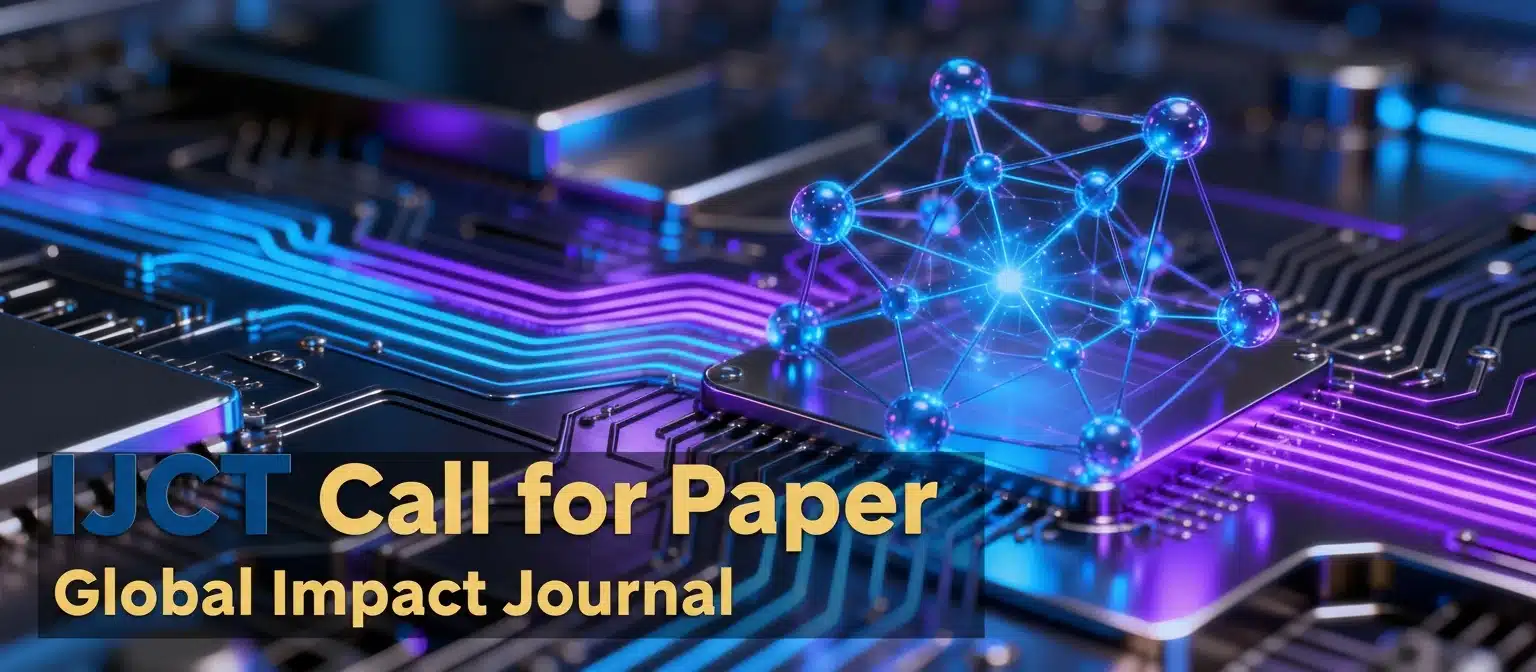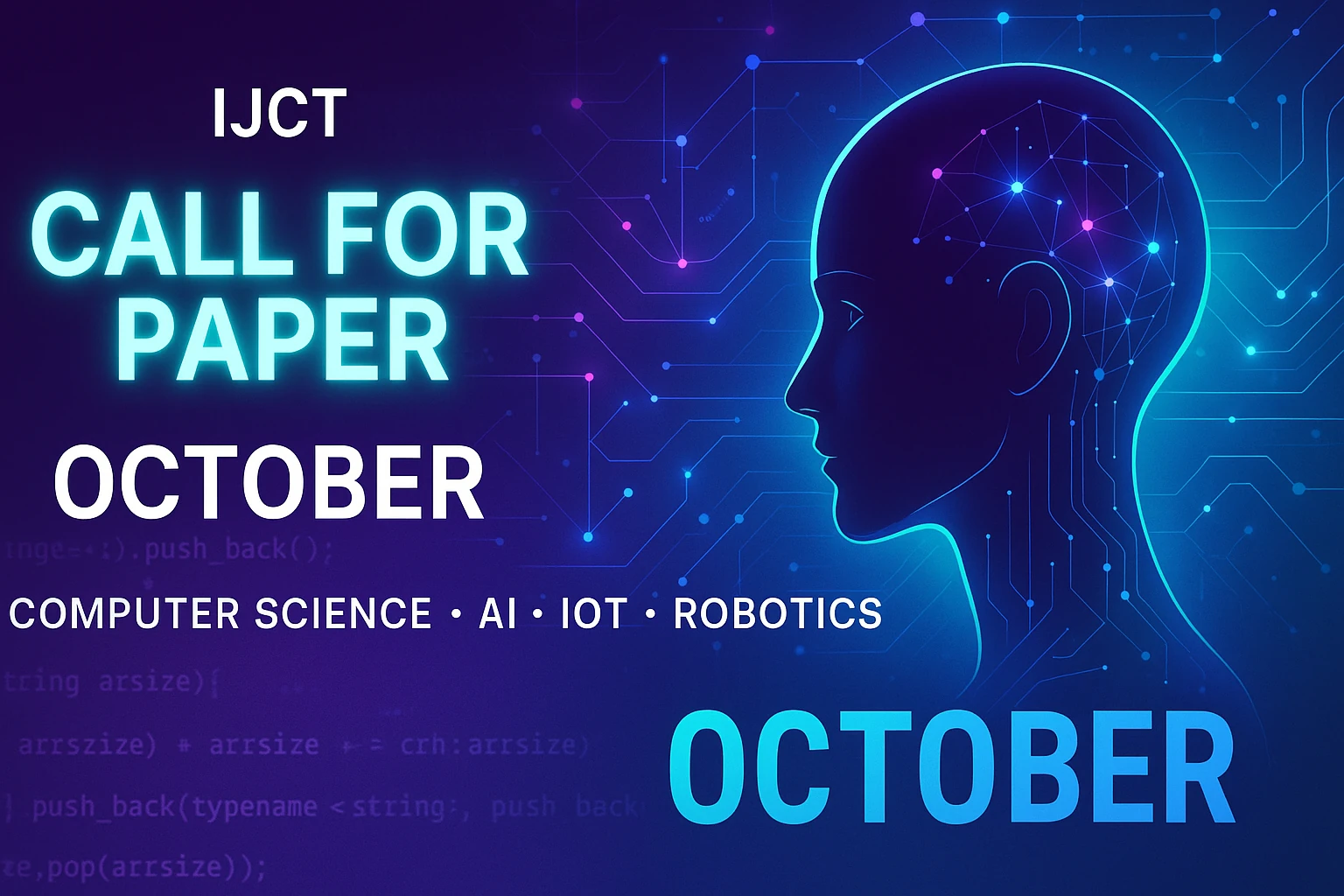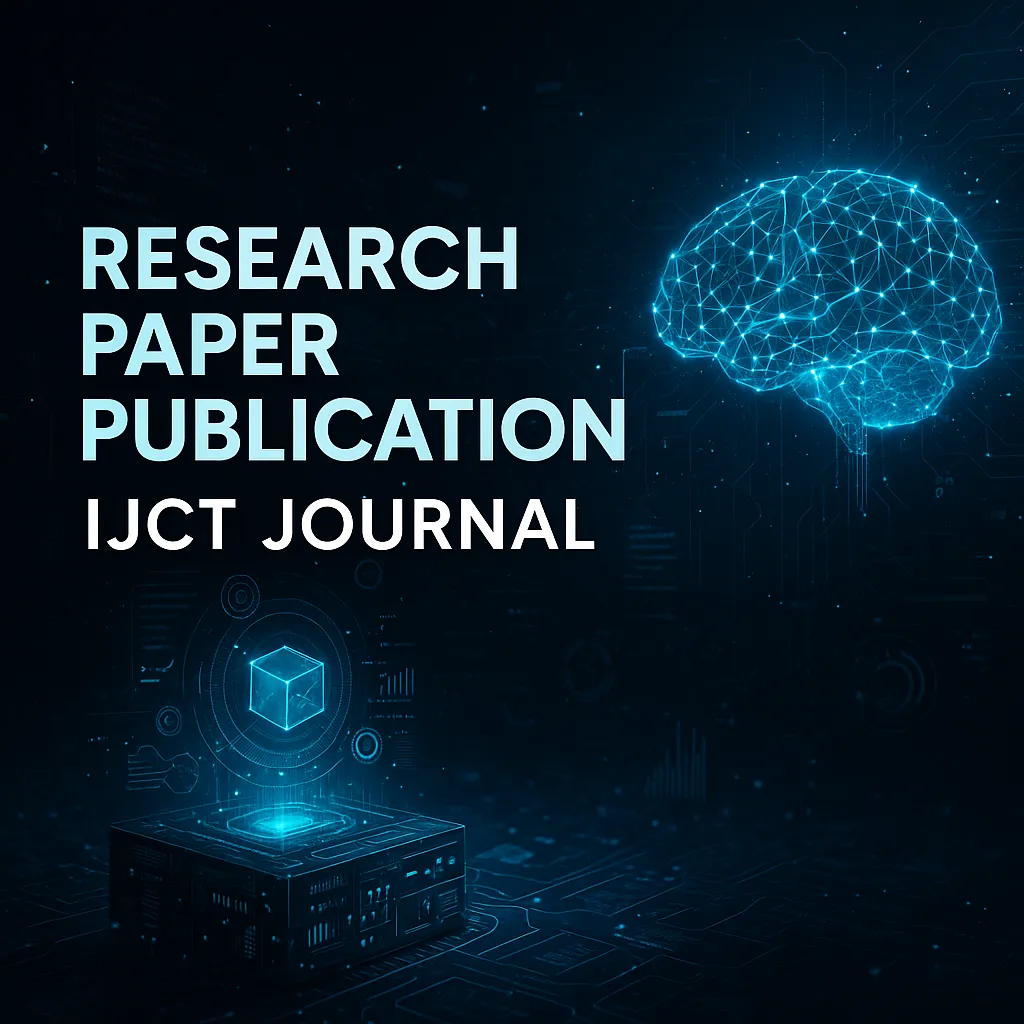
Designing Hybrid Blockchain Architectures: Defining Functional Roles for Private and Public Chains in Enterprise Applications | IJCT Volume 12 – Issue 6 | IJCT-V12I6P44
International Journal of Computer Techniques ISSN 2394-2231 DOI Registered Volume 12, Issue 6 | Published:…
An Approach to Implementation of an IoT-Based Remote Water Quality Monitoring for Smart Cities | IJCT Volume 12 – Issue 6 | IJCT-V12I6P43
International Journal of Computer Techniques ISSN 2394-2231 DOI Registered Volume 12, Issue 6 | Published:…
Identification of Algorithm from the Given Dataset Using AI/ML Technique | IJCT Volume 12 – Issue 6 | IJCT-V12I6P42
International Journal of Computer Techniques ISSN 2394-2231 DOI Registered Volume 12, Issue 6 | Published:…
Android Malware Detection From APK File-LITERATURE SURVEY | IJCT Volume 12 – Issue 6 | IJCT-V12I6P41
International Journal of Computer Techniques ISSN 2394-2231 DOI Registered Volume 12, Issue 6 | Published:…
The Role of Primary Agricultural Cooperative Credit Society in reducing rural Poverty and improving Standards of Living: The study on A N Mangalam at Salem District | IJCT Volume 12 – Issue 6 | IJCT-V12I6P40
International Journal of Computer Techniques ISSN 2394-2231 DOI Registered Volume 12, Issue 6 | Published:…
From Data to Decisions: Transforming Healthcare Through AI-Powered Analytics | IJCT Volume 12 – Issue 6 | IJCT-V12I6P39
International Journal of Computer Techniques ISSN 2394-2231 DOI Registered Volume 12, Issue 6 | Published:…
AI Powered Framework for Child Protection and Digital Safety | IJCT Volume 12 – Issue 6 | IJCT-V12I6P38
International Journal of Computer Techniques ISSN 2394-2231 DOI Registered Volume 12, Issue 6 | Published:…
Secure Decentralized Cloud Storage Using IPFS and Blockchain | IJCT Volume 12 – Issue 6 | IJCT-V12I6P37
International Journal of Computer Techniques ISSN 2394-2231 DOI Registered Volume 12, Issue 6 | Published:…
Real-Time Fake News Detection: An AI-Powered Web Application with Trust Scores | IJCT Volume 12 – Issue 6 | IJCT-V12I6P36
International Journal of Computer Techniques ISSN 2394-2231 DOI Registered Volume 12, Issue 6 | Published:…
A Machine Learning Approach for Forecasting Vegetable Prices in Indian APMC Markets Using XGBoost | IJCT Volume 12 – Issue 6 | IJCT-V12I6P35
International Journal of Computer Techniques ISSN 2394-2231 DOI Registered Volume 12, Issue 6 | Published:…









